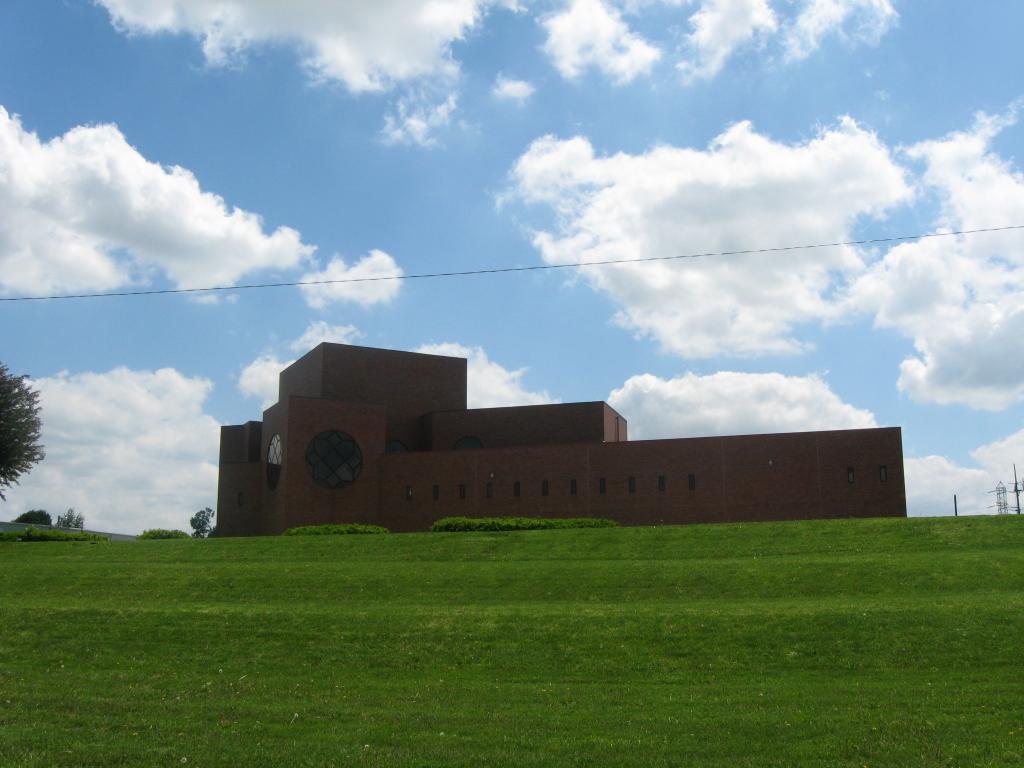
A Wikimedia Commons public domain image
In company with several prominent local Latter-day Saint leaders, my wife and I visited the headquarters of the Islamic Society of North America, which is located in Plainfield, Indiana. We stayed through the Friday noon prayer, including the khutba or sermon, which was delivered (on the subject of good deeds and righteousness) by Ahmed M. Elhattab.
I especially liked his quotation of a hadith, or statement, attributed to Muhammad: “He does not believe!” the Prophet is said to have cried out. “He does not believe! He does not believe!” Those around him were frightened at what he said. What he referring to them? Who, they asked, is it that you’re talking about? Who isn’t a believer? “That man isn’t a believer,” Muhammad responded, “whose neighbor cannot sleep at night for fear of the evil that he does.”
I also like the passage that he cited, in this regard, from the Qur’an: “O people, truly we have created you from a male and a female [i.e., Adam and Eve] and have made you [different] peoples and tribes so that you might come to know one another. Truly, the most noble of you with God is the most righteous among you. And God is knowing and aware.” (Qur’an 49:13, my translation)
In other words, in the end, our nationality, ethnicity, and lineage won’t really make any difference. Nor, for that matter, will our degrees or our wealth or our cleverness.
***
Another snippet from a manuscript on Islam:
In Medina, the Muslims became a kind of superclan, a tribe held together not by ties of kinship but by a common faith. And they began to act in a manner consistent with accepted behavior in early Arabia. They sent out raiding parties and clashed with Quraysh—an unthinkable thing for most of them under old Arabian ideas, since most of them were of Quraysh. But Quraysh had expelled and abused them, and they had declared their loyalty to the new tribe of Islam.
Eventually, Muhammad and his followers scored a major victory over the Quraysh of Mecca and won the privilege to make the pilgrimage to the Ka’ba there. The city fathers, it now became clear, need never have worried. For the victorious Muslims proceeded to “Islamicize” the Ka’ba. Under the direction of their Prophet, they incorporated its rites and rituals, in a purified form, into the new religion—the legend of Abraham and Ishmael certainly helped here—and those rites and rituals were now on their way to an importance that the early Meccan pagans could scarcely have foreseen. Since then, Mecca has gone from being a pilgrimage center for the Arabian peninsula, to being the center of the earth for perhaps more than a billion and a half Muslims the world over.
In Medina, as Muhammad’s faith began to spread throughout the Arabian peninsula, Islam began to distinguish itself from the two earlier religions. This was partly because adherents of those within their traditions. According to the Qur’an, the Jews objected to the notion that God could call anybody he chose, not feeling himself restricted to one of them.[1] “When it is said to them: ‘Believe in what God has revealed,’ they reply: ‘We believe in what was revealed to us.”‘ But the Qur’an then points out, much as Jesus did in similar circumstances, that they had killed the prophets who came to them in the past.[2]
[1] 2:90.
[2] 2:91; italics in Dawood’s translation.
Posted from Carmel, Indiana










